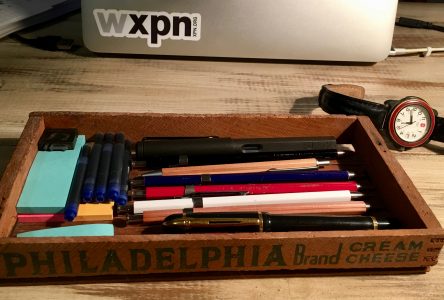In Jenny Odell’s How to Do Nothing, she references the idea of escapism best shown by the communes of the 1960’s and 70’s. In a time of unparalleled upheaval and discord in most aspects of life, people moved to communes to “exit from time and… start from scratch” (p. 39). Although she realizes that a commune is detrimental and would not be able stand on its own because of numerous pitfalls both in modern society and humanity’s need to retrace its steps when attempting to build a utopia, she does not take into consideration the negative effects it would have on both the people in the commune and the modern society existing outside of the confines and idealization.
Camp Grounded, a digital detox camp that went from something meaningful to people of all backgrounds to regain clarity and independence amongst a world of constant connection and technology to another function of corporate America with the goal to make workers more productive and make more money. Drop City, a commune meant to regain control and create an idealized version of society in the 1960’s turned from a community built on “‘rebuilding the economic, social, and spiritual structures of man from the bottom up.’” (p. 39) to a place where people came who were looking for a more simple life but found that it was much harder to create and maintain than originally thought. Odell’s examination of modern-day ‘retreats’ modeled after the failed communes of the past only goes so far with shortsighted reasoning as to why we will never be able to disconnect from our society, especially in today’s digital age. She does understand that with the rebuilding or reprogramming of a culture you must start with the basics, which can become points of contention whether it is on the way women are treated or how and when technology is used. She also understands that the building of a utopia is unattainable and anyone who tries will always fail because of internal and external pressures. Odell, however, does not see the impact past the success or failure of this attempt to deprogram society and make it more spiritual and less technological and unfeeling.
What Odell fails to see in her examination of the certain doom of communes and commune-like living is the impact this can have on society as a whole if it fulfills its purpose of translating to greater society. Idealist ways of living are always detrimental to the progression of society because reality is not being seen as it truly is, it is being seen through the rose-colored glasses. If we were to live in a world where all of the ideas of Camp Grounded were instated full-time, there would be no way to connect with people you are not physically close to. This would aid in so many types of misinformation, injustice, and corruption and ultimately end up creating a bigger monster than it was set out to eliminate. Society would never be able to organize on a grand scale to fight injustice and corruption as seen on social media today. Social media and electronic news sources help society to move forward as a whole whether spreading primary sources such as videos and posts or through secondary sources such as news articles analyzing those videos and posts and spreading them around the globe in seconds rather than in one city in days like print newspapers would. Although social media and other forms of electronic media can seem like a burden on mental health and ability to be productive, it allows humans to connect with others despite differences and ultimately create a better world where people are able to live mindfully and in harmony with their surroundings.
Jenny Odell is correct in believing that utopias and communes are unsustainable ways to live for reasons pertaining to ultimate success of those ways of life but she did not take into account the ways these ways of living would destroy the connection between humans and mindfulness of social, environmental, and economic injustice that occurs around the world. Although it is beneficial to attempt to create better ways of life away from the constant connection of the age of technology, it is not realistic nor useful to only live with no technology, completely separate from the rest of humanity. After all, humans are social creatures and the more connection we have with humanity, the more empathetic and knowledgeable we become.



